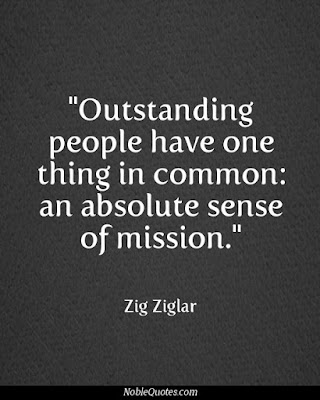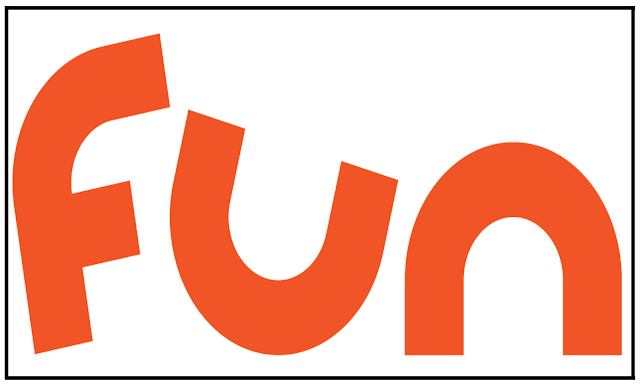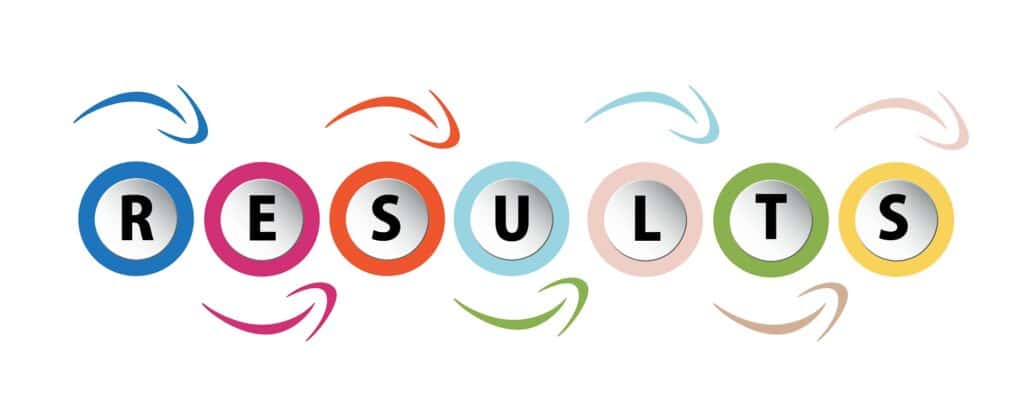Last week I had the annual privilege of meeting with our new teachers. With all the current regulations and restrictions we’ve had to spend a lot of time on logistics and administration, but we’ve also tried to elevate and remember what brought us all together in the first place. It’s not a bad thing for us all to remember as we go into the new school year:
…..I also want to spend a minute affirming why we are all here; to name our shared endeavour. And I want us to remember that despite the immediate pressures we will succeed better when we work together, and when it becomes part of the fabric of our thought.
Like most schools, this is an intense place during term-time. We give a lot. And it’s easy to think that we do a lot of things – Academics, Activities, Outdoor Ed, PSE, Service and Sustainable Development – competencies, subjects, shows, trips, performances… and so on. But in fact we do one thing: we pursue our Mission to make education a force to unite peoples, national and cultures for peace and sustainable future. Amidst all the things we do, we must never forget that, and we must help each other to strive towards it.
You will all contribute to that; that’s why you’re here, and we’re excited to have you join us on the journey. This week, we’ll look at teaching and learning principles that are common across our Primary, Middle and High Schools, and also how they play out for different ages of students. For now I want to offer three points to you, that I hope will frame this orientation of you as new UWCSEA teachers; and they are all about relationships, which are at the heart of what we do as educators.
- Relationships with Students We are a kind school. We like children; there is laughter, there is affection, and we try to avoid formality and hierarchy. There is no place here for the idea of a tough external facade, the “Don’t smile before Christmas” thing that you may see in some places. We give the benefit of the doubt; we presume positive intent. We are informal (some students call me Nick, for example; others call me Sir. I am sure others use other names when I am not there – it’s their call). We emphasize values, not rules; and that’s because if we want to develop independent, thoughtful, considerate and moral adults, then we need to give them opportunities to be these things at school. And we have to recognise they will make mistakes. That’s OK, because if they never made mistakes, they wouldn’t need us, and school would be irrelevant. The mistakes are a large part of why we are here, why we are needed. And when students make mistakes, we may be firm, and we will also be kind. We won’t be sarcastic to children; we do not shout at them; we never humiliate them. Rules? Well, we tend to talk more about values than about rules, and Principals will say more about this to you later on; but my general rule of thumb is: If it’s not illegal, immoral or anti-social then it’s probably OK.
- Relationships with Colleagues A lot of what I have just said about our students applies in exactly the same way with our colleagues – because the way we treat each other will inevitably be the way we treat our students. We work collaboratively, not as individuals – because groups are more effective. We have norms of collaboration – which are better encountered as living principles than as a list and which you will see – and more importantly feel – from here on. We will be open and vulnerable with you; please don’t be afraid to be open and vulnerable back. Tell us when we make mistakes, and let us tell you too. I think you will find that it is a great joy to be working with the colleagues we are lucky enough to have here.
- Relationship to yourself This may seem an odd one, but perhaps it’s the most important. Our role is to look after children and each other. We cannot do that unless we look after ourselves, and I implore you to be kind to yourselves, to cut yourself slack when you need it, and not to expect perfection from yourself – in the same way as you will not expect (or indeed find) perfection from students or colleagues. I always think it takes at least a year to settle, and with the current change of pace in education and around the world, you never really feel totally on top of things. At least, I never do, and I joined in 1995 (maybe it’ll happen one day – probably after I retire). But let me repeat: be kind to yourself. Ask for help if you need it, and know that we are here to help. We know it is not always easy to join us, but we also know, and you should also be confident that you earned your place here; and so treat yourself accordingly. Kindly. Be proud of yourself, as we are proud to have you here.
If you can pay attention to these relationships with students, colleagues and self then I believe you will have an exceptionally rewarding professional and personal experience with us. Most importantly you will set yourself up to make a contribution to our Mission of preparing young adults to be able to make a positive difference to peace and a sustainable future. That’s a noble goal to work towards.



